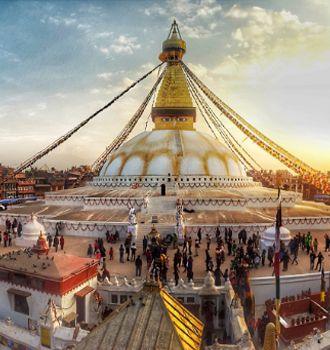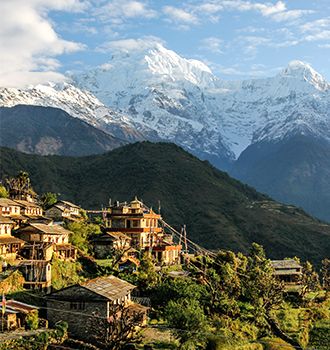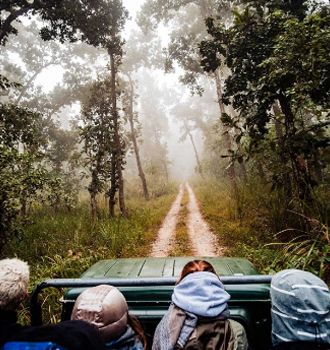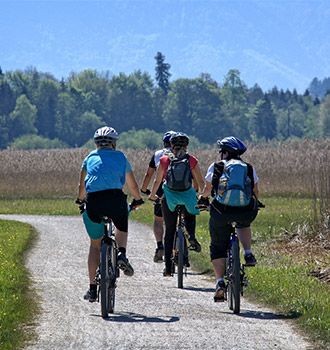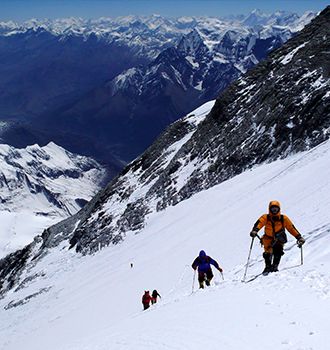Customize your Trip
Tailormade / General Information
Tailor Made
Craft your adventure and tours with us
Answer the question below for your perfect travel experience.
General Information
1. Passport & Visa
To enter Nepal, you will need a valid passport and a visa. You can obtain a visa through any of the following methods:
- Apply online at www.immigration.gov.np
- On arrival at Tribhuvan International Airport, Kathmandu
- At official border entry points
Requirements:
- Valid passport (with at least 6 months validity)
- Completed visa form
- Recent passport-sized photo
- Visa fee: USD $30–$50 (for short-term tourist visas)
You may also obtain a visa in advance from a Nepalese Embassy or Consulate in your home country.
2. Flight Connections
Nepal’s only international airport is Tribhuvan International Airport (TIA) in Kathmandu (www.tiairport.com.np).
Major Airlines Flying to Nepal:
Carriers include Nepal Airlines, Himalaya Airlines, Air India, Druk Air, Air China, Thai Lion, Malaysia Airlines, Qatar Airways, Singapore Airlines, Turkish Airlines, FlyDubai, and more.
Domestic Flights:
Operated by Yeti, Tara, Buddha, and Shree Airlines. Many remote regions have small airstrips, and helicopter services (e.g., Dynasty Air, Fishtail Air, Altitude Air) are available for sightseeing, charters, and emergency evacuations.
3. Baggage Allowance
- International flights: Usually allow 5 kg hand-carry and 25 kg checked baggage.
- Domestic flights: Typically allow 5 kg hand-carry and 10–15 kg checked baggage.
During treks:
- Carry a small personal daypack (around 5 kg) with essentials like water, snacks, and layers.
- Porters will carry your main bag (recommended 10–12 kg per person), which is a standard and respectful practice in Nepal.
4. Health & Safety
While cities in Nepal have hospitals and clinics, remote trekking areas often lack medical facilities. In serious cases, helicopter evacuation may be required.
Please take care of the following:
- Health and fitness preparation
- Insurance covering high-altitude trekking and emergency rescue
- Travel documents and necessary medications
- Mental and physical readiness
Possible Risks:
- Altitude sickness
- Injuries (sprains, falls, joint pain)
- Food poisoning or infections
- Insect or animal bites
- Delays due to strikes, landslides, or weather
Tip: Get travel insurance in your home country (can also be arranged in Kathmandu—contact us for assistance).
5. Vaccinations
Ensure routine vaccinations are up to date. Recommended vaccines (depending on travel area and time of year) include:
- Hepatitis A
- Typhoid
- Tetanus
- Polio booster
- Rabies
- Cholera
- Meningitis
- Malaria (in specific regions)
For updated travel health information, visit www.cdc.gov/travel.
6. What to Bring
Essentials in your daypack:
- Water bottle
- Wind/rain jacket
- Sunglasses
- Hat or cap
- Dust mask
- Camera
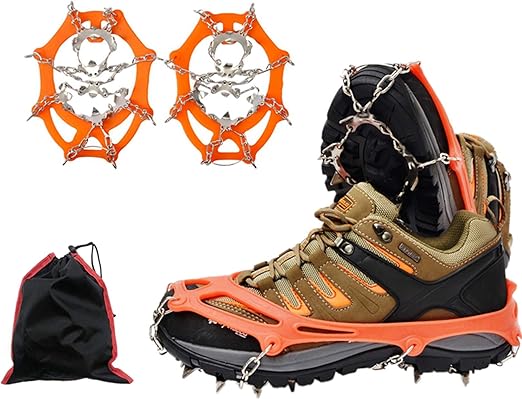
Must-have items:
- Warm sleeping bag (down or synthetic)
- Toiletries and personal hygiene products
- Water purification tablets or portable filter
Trekking gear is available in Kathmandu, but quality may vary.
7. Weather
Best trekking seasons:
- October–December: Clear skies, great views
- March–May: Pleasant temperatures, blooming rhododendrons
Average Temperatures:
- Daytime: 10–21°C
- Nighttime: 4 to -5°C (colder at higher altitudes)
Note: Winter (late November to February) can bring heavy snow and sub-zero temperatures above 3,000m.
8. Meals, Accommodation & Water
During treks, we stay in local teahouses or lodges.
Typical meal:
Dal Bhat – rice, daal (thick soup of black/yellow/red lentils or beans), seasonal vegetables, spinach and pickles (sweet/our/chilli/spicy). Nutritious, tasty, and often includes free refills!
Other options include Tibetan, Indian, Chinese, and some continental dishes (veg and non-veg).
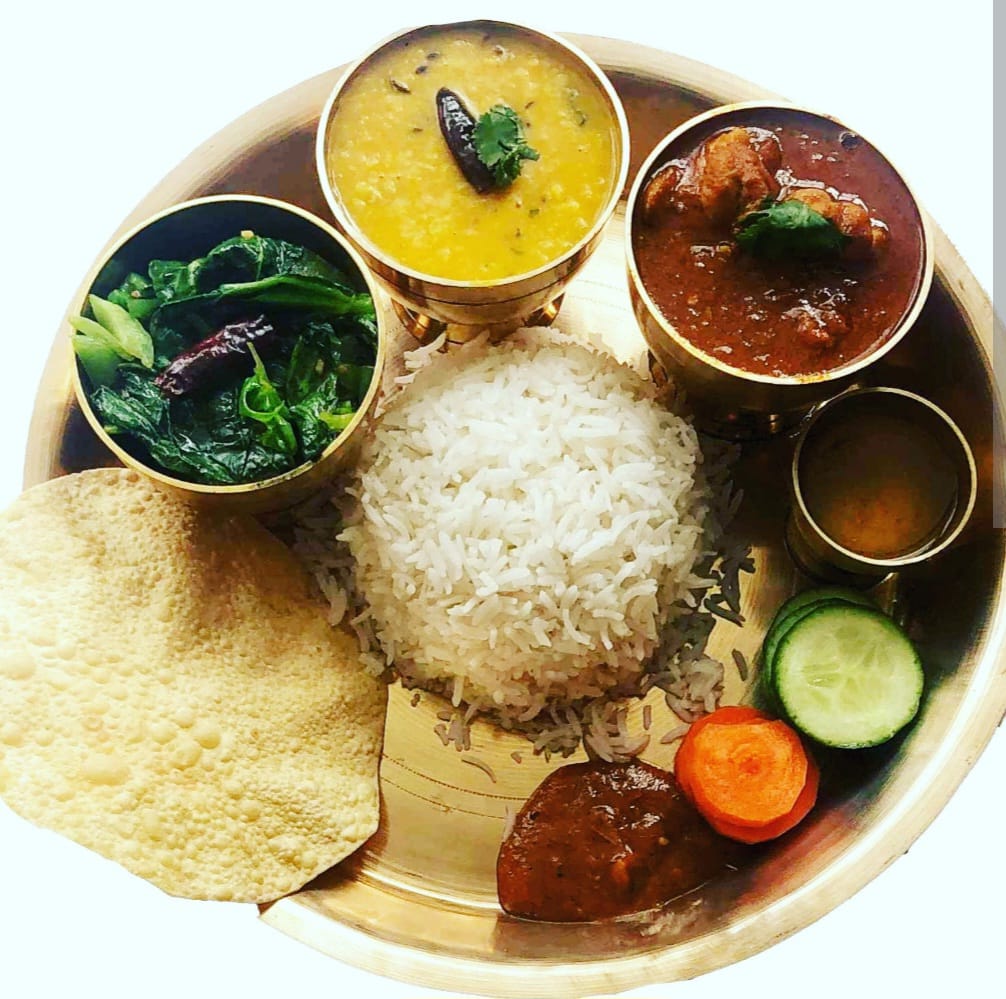
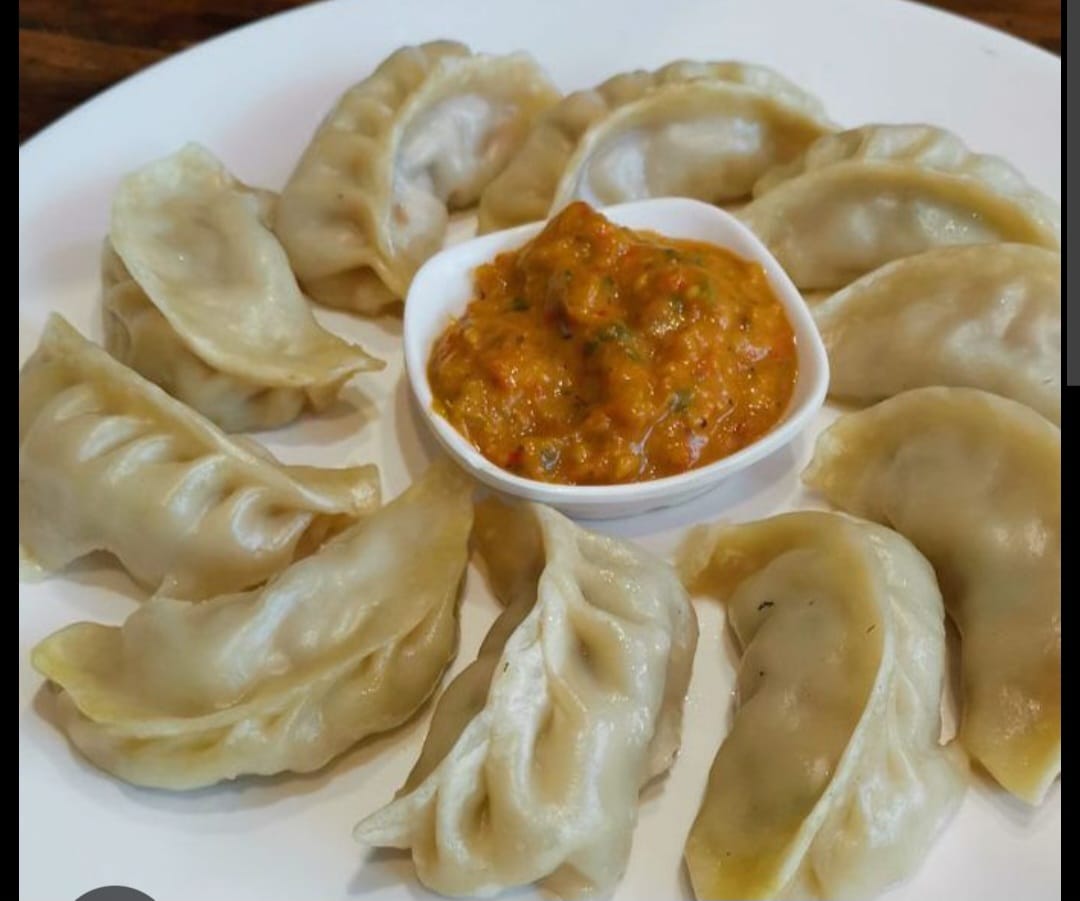
For camping treks: We provide two-person tents and a cook to prepare hot meals.
Drinking Water:
Boiled or filtered water is available in most lodges. You can also use personal filters or tablets. Avoid plastic bottled water to support eco-friendly tourism.
9. Toilets & Bathing
Lodges usually offer shared bathrooms. Hot showers are available for an additional charge.
NOTE: Tissues / toilet rolls / soap may not be available in public toilets/lodges. Bring your own handy personal hygiene products.
Camping treks:
Private toilet tents are provided. In remote areas, open nature may be the only option.
A detailed packing list will be sent after trip confirmation.
10. Tipping Guidelines
Tipping is not mandatory, but it is a gracious and appreciated gesture in Nepal, especially within the trekking and tourism sectors.
Suggested tipping (per guest per day):
- Trekking Guide: USD $5–10
- Porter: USD $3–6
- Tour Guide (city-based): USD $5–10
- Driver: USD $2–5
For group treks, tips are usually pooled and given at the end of the journey. Tipping in Nepali Rupees is preferred, though US Dollars are also accepted.
11. Shopping & Essentials
Kathmandu is a bustling city of over 3 million people, well-stocked with both local and imported goods.
You’ll easily find:
- Daily necessities and toiletries
- Trekking gear and medical supplies
Souvenirs & Gifts:
Choose from a wide variety of handmade crafts, Buddhist and Hindu art, silver jewelry, singing bowls, pashmina products, and more—ranging from affordable keepsakes to fine artisan pieces.
OUR SOUVENIR & GIFT TO YOU – A WHITE SCARF “KHADA” A symbol of memory, appreciation, and friendship. You may keep it as a cherished memento, hang it as a decoration, or pass it on, REUSE/RECYCLE. Respect the environment.
12. A Final Tip
Travelers who come with a love for nature and an open mind will find Nepal a truly rewarding experience. Step beyond your comfort zone, embrace the journey, and cherish every moment.
Affiliation and member
Sherpa Society Trekking is a legally registered and government-authorized trekking agency in Nepal, fully licensed to operate trekking, tours, and mountaineering activities. Our company holds updated certifications from:
We are also proud members of leading tourism and environmental organizations:
- TAAN – Trekking Agencies’ Association of Nepal
- NMA – Nepal Mountaineering Association
- KEEP – Kathmandu Environmental Education Project
- STEAN – Sherpa Tourism Entrepreneurs Association of Nepal
All our guides and staff are professionally trained and certified by recognized institutions. As a trusted trekking company in Nepal since 1973, we are committed to safety, ethical tourism, and sustainable travel practices in the Himalayas.

The Sherpa Tourism Entrepreneurs Association of Nepal (STEAN) is a non-profit organization. A united body (a Largest Umbrella Association) representing Sherpa professionals who have been at the heart of Nepal’s tourism industry for over five decades. While Sherpas have long been actively engaged in tourism—guiding, mountaineering, trekking, and hospitality—the need for an official association became clear: to collectively address challenges and safeguard the interests of the Sherpa community.
STEAN strives to bring together Sherpa tourism entrepreneurs from all over Nepal, fostering unity, collaboration, and shared growth within the industry. The association serves as a strong voice for Sherpa tourism professionals, working to highlight the issues faced by the Sherpa ethnic group and to bring them to the attention of policymakers. Through advocacy, collaboration, and community initiatives, STEAN plays a vital role in ensuring that Sherpa contributions to Nepal’s tourism are recognized, valued, and supported for future generations.
